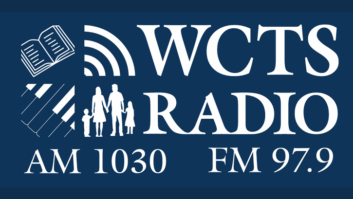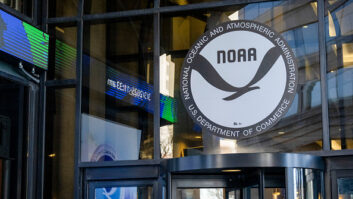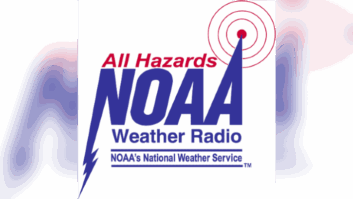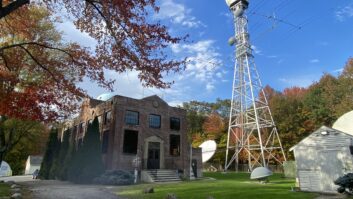Howard Enstrom has died.
Enstrom, 84, was called by some the father of FM translator service. He died April 7, according to his wife Grace. The couple lived in Inverness, Fla.
As a consultant to Tepco, he sent mailings to every FM station in the country: “The pitch was this: If you locate a translator in the center of a small community, you can be heard just as well as a 100-kilowatt station 50 miles away,” he told Scott Fybush in a 2004 profile in Radio World.
For eight years, he published a newsletter called Signal Source; for three years, he wrote the Low-Power Lowdown column for Radio World.
Enstrom was born in 1922 in Chicago; during the Depression, as a teen, he built receivers and transmitters using discarded radios; he earned his first amateur license at age 15.
In World War II he worked for the U.S. Army Signal Corps as a field inspector, examining new technology built for the war effort, then joined the Navy in 1943, where he attended Electronic Instrument School, maintained minesweepers and saw combat in the Battle of Okinawa. He worked for Chicago’s Moody Bible Institute as assistant technical director for WMBI, did engineering work for AMs WGSB and WGN and built WGSB, a five-tower facility with day and night directional patterns. At WGN, as assistant chief, he managed a staff of 27 studio engineers.
Enstrom later went to work for engineering consultant Robert A. Jones. In 1962, he applied to put a station on the air at 1530 kHz, the last open spot on the Chicago-area AM dial; he lost a bitterly contested 11-year license battle with another applicant for what is now WJJG(AM) in Elmhurst, Ill. Later he bought and ran an AM in Billings, Mont.
But it is for his work in translators that many knew him best.
“As a broadcast service,” he recalled in 2004, “initially low-power FM translators were ‘pooh-poohed’ by full-power station owners and the NAB. Many missed a fact: a low-power FM translator may deliver to a community and surrounding area stronger signal field than a distant Class C 100 kW FM station. When this was realized, full-power FMs were alarmed and concerned. Thus the commission had to adopt special service contour protection rules. I was part of such proceedings in filing petitions for rule making.”
Click here for the 2004 interview with Howard Enstrom including his thoughts about the evolution of translators.







